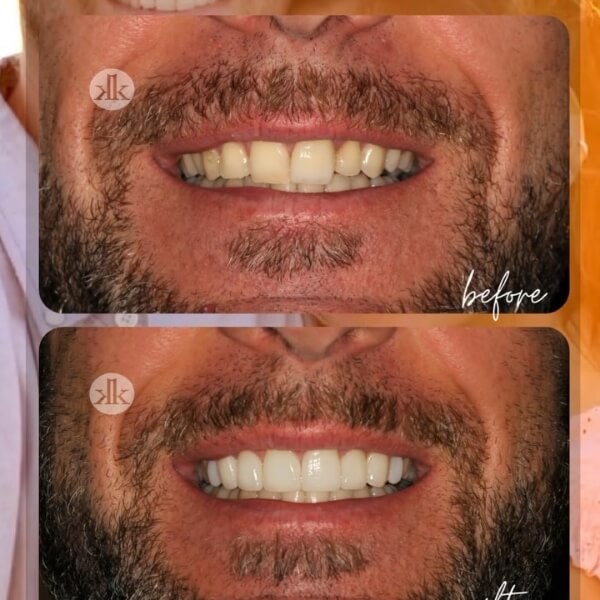Over time, many people may begin to experience pain and discomfort inside their mouths. No matter how many times they brush their teeth, that throbbing sensation doesn’t seem to go away. This is because they have developed a common oral condition known as tooth sensitivity.
Tooth sensitivity can occur when the enamel and gums that protect your teeth start to thin out, which exposes the underlying surface of your teeth and roots. While tooth sensitivity comes and goes, it is important you address this issue before it gets worse by visiting your dentist regularly, using proper oral hygiene, and cutting out certain lifestyle choices. Applying these methods to your daily routine can ease your tooth sensitivity and produce a more healthy and happy mouth.
1. Over-Brushing
Poor oral hygiene and over-brushing your teeth can lead to tooth sensitivity. When you brush your teeth too hard, it can cause the gums that have formed around your teeth to tear off, which can lead to receding gums. Over-brushing can also wear away the enamel and expose the root of your tooth, which can affect the nerves. Using a desensitizing toothpaste and a soft-bristled toothbrush can minimize tooth sensitivity as long as you are properly brushing and flossing your teeth as instructed by your dentist.
2. Using Too Much Mouthwash
When you are in a rush and don’t have time to brush your teeth, you turn to mouthwash for a quick solution. However, consistently rinsing your mouth with mouthwash can be harmful to your teeth. This is because certain mouthwash products contain acids that can make your teeth sensitive. Try limiting your use to once or twice a day until you no longer feel pain. You may also ask your dentist about which neutral fluoride rinses can minimize sensitivity.
3. Eating Too Many Acidic Foods
You may experience tooth sensitivity when eating. This is due to certain acidic foods and drinks that erode the enamel on your teeth, causing the layer beneath your teeth (dentin) to wear off. Eating a piece of cheese or drinking a glass of milk after your meal can help with tooth sensitivity. Avoiding the following foods can also reduce discomfort:
- Sugary drinks
- Sticky and hard candy
- Coffee
- Ice
- Ice cream
- Tomatoes
- Citrus fruits
4. Over-Whitening Your Teeth
Many patients who desire a bright and healthy smile often turn to teeth whitening treatments. However, over-whitening your teeth with products that contain peroxide-based bleaching solutions can make your teeth sensitive. Talk with your orthodontist so they can determine the best solution to whitening your teeth and treating your tooth sensitivity.
5. Oral Conditions
Oral conditions like tooth decay or a cracked tooth can lead to severe tooth sensitivity. Eating ice or hard candy on top of having large fillings done to your teeth can cause a chipped or broken tooth and lead to bacteria and inflammation. Tooth decay can occur from bad oral hygiene which can make your teeth feel irritated. If you are experiencing tooth sensitivity due to these or any other issue, is it best you seek immediate attention from your dentist.
To learn more about tooth sensitivity, please contact La Jolla Cosmetic Dentistry and Orthodontics at (858) 295-0603.









